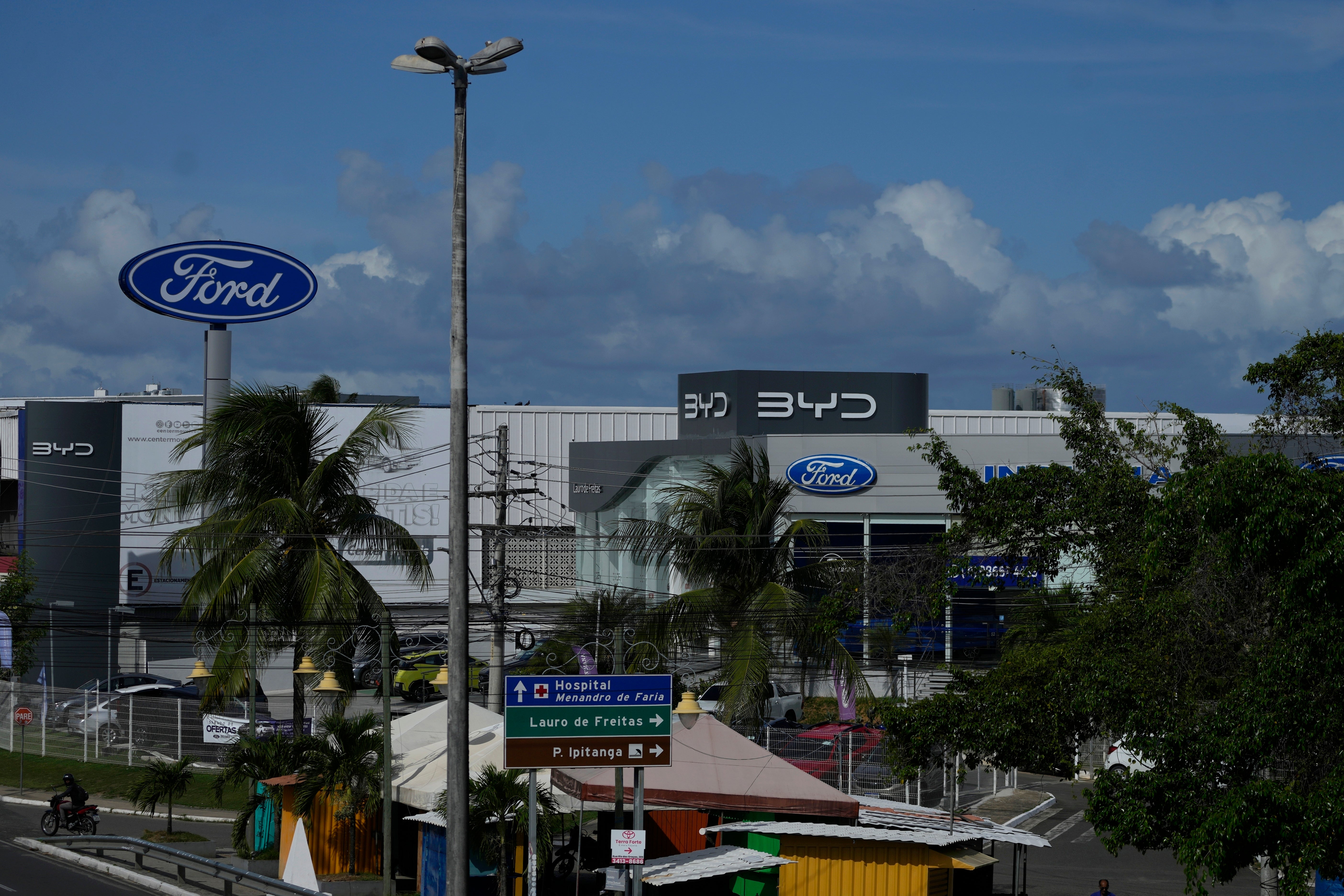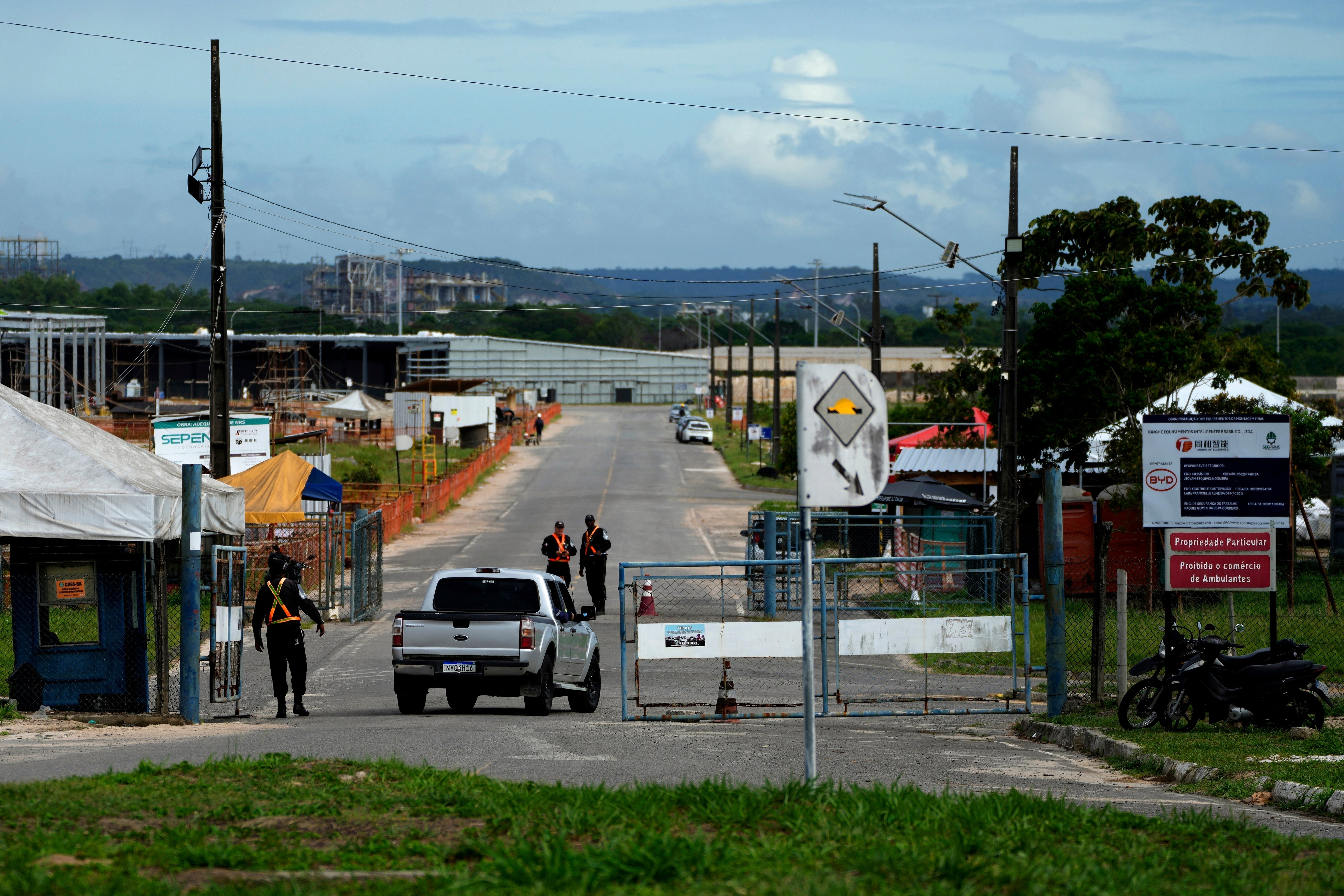Brazilian prosecutors have filed a lawsuit accusing electric carmaker BYD of human trafficking and keeping its workers in “slavery-like conditions” in its biggest market outside China.
The suit seeks over £33m in moral damages from the Chinese EV giant as well as contractors JinJiang Construction Brazil and Tecmonta, according to a statement by Brazil’s Public Labour Prosecutor’s Office, or MPT.
The lawsuit comes on the heels of an investigation that led to the rescue of 220 Chinese workers from the construction site of BYD’s new factory in Camacari city in the northeast of Brazil last December.
The investigation found the Chinese workers were brought to Brazil under false pretences and their visas did not match their jobs.
Prosecutors said the workers were found working in “slavery-live conditions” and with “minimum comfort and hygiene”, calling them victims of international human trafficking

The workers were forced to sleep on beds that did not have mattresses and as many as 30 people shared a bathroom, MPT alleged.
“Working conditions were extremely degrading. Five settlements were kept by BYD, JinJiang and Tecmonta. Some workers slept on beds without mattresses and had their personal belongings alongside with their food,” it claimed.
“There were few bathrooms, which were not gender-assigned. In one of the settlements, there was one toilet for 31 people, forcing workers to wake up at 4am for their personal hygiene before their work.”
MPT also claimed the workers were under “employment contracts with illegal clauses, exhausting work hours and no weekly rest”.
The prosecutors are seeking to force the carmaker and the contractors to follow labour laws and fine them 50,000 Brazilian reais (£6,575) for each violation. This fine will be multiplied by the number of workers affected by the violation.
BYD said it was cooperating with the prosecutors and would respond to the lawsuit in court. The company further said that it was committed to upholding human rights and respecting Brazilian and international labour protections.

Fabio Leal, deputy labour prosecutor, said talks in late December with the three companies had failed to reach an agreement but did not explain why the talks collapsed.
Mr Leal said the Chinese workers had all returned home and they would receive compensation from any payment received from the lawsuit.
“Our lawsuit is very well-founded, with a substantial amount of evidence provided during the investigation process,” he said, adding that a settlement was still possible but through the courts.

The BYD factory in Camacari was set to be operational by March 2025, but the work was halted pending investigations. It was set to be BYD’s first and biggest plant outside Asia.
BYD, short for Build Your Dreams, is a major player in the electric vehicles market, producing both passenger vehicles and electric buses. The company has been seeking to expand in Brazil, which is its largest overseas market.
In April 2025, the Chinese carmaker overtook Elon Musk’s Tesla in EV sales in Europe for the first time.



